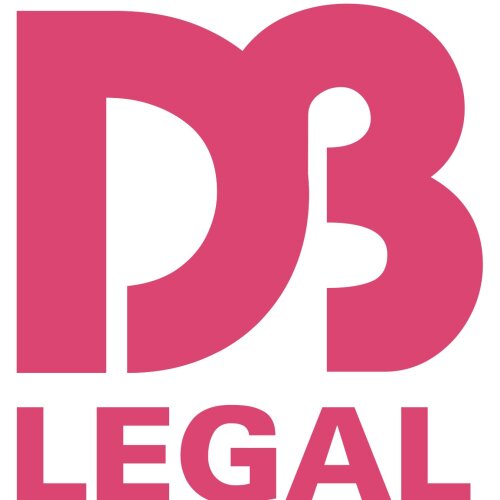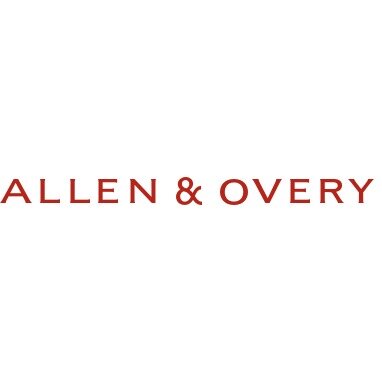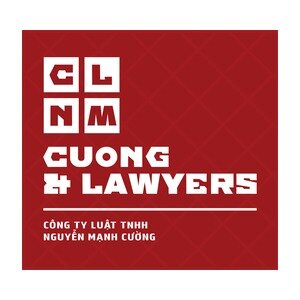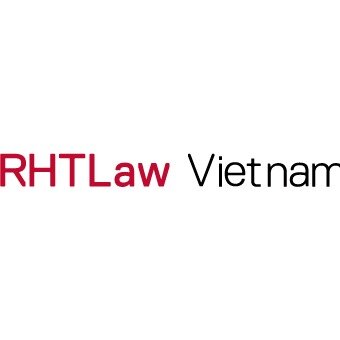Best Water Law Lawyers in Hanoi
Share your needs with us, get contacted by law firms.
Free. Takes 2 min.
List of the best lawyers in Hanoi, Vietnam
About Water Law in Hanoi, Vietnam
Water Law in Hanoi, Vietnam governs the management, use, and protection of water resources throughout the city and its surrounding areas. Given the rapid urbanization and industrial development in Hanoi, water resources have become an increasingly valuable and sometimes contentious asset. The legal framework is primarily based on the overarching Law on Water Resources (amended in 2012) and locally applied regulations that ensure the sustainable use and protection of water supplies, prevent pollution, regulate water use rights, and manage disputes. In Hanoi, these laws are crucial to balancing the needs of domestic users, agriculture, industry, and environmental conservation.
Why You May Need a Lawyer
Individuals and businesses may require legal help with Water Law in Hanoi for several reasons. Here are some common situations where a lawyer can assist:
- Disputes over water usage rights between neighbors, communities, or commercial entities
- Issues related to water pollution caused by industry, construction, or waste disposal
- Seeking permits or licenses for water extraction, drilling wells, or discharging wastewater
- Administrative penalties or enforcement actions by government agencies concerning illegal water use
- Compliance with regulations about flood prevention, drainage, and land use planning that affect watercourses
- Environmental impact assessments related to water projects
- Compensation claims for damages related to water issues, such as floods or contamination
- Engagement in public participation processes concerning water resource planning or policy development
Local Laws Overview
The application of Water Law in Hanoi is guided by a mixture of national and local regulations. The key statutory basis is the Law on Water Resources, which sets out principles regarding exploitation, use, protection, and development of water resources. Important local legal considerations include:
- Licensing requirements for groundwater extraction and surface water use
- Permits needed for processing and discharging wastewater into natural water bodies
- Obligations of individuals, organizations, and businesses to avoid polluting water sources or altering water flow
- Procedures for reporting and resolving water disputes, often involving People’s Committees and specialized agencies
- Regular government inspections and enforcement actions to ensure compliance
- Guidelines on compensation, restoration, and penalties in cases of water resource damage
- Hanoi-specific directives addressing urban drainage, flood management, and water supply infrastructure
Understanding and adhering to these rules helps ensure both environmental protection and legal security for users.
Frequently Asked Questions
What is Water Law in Vietnam?
Water Law in Vietnam regulates the use, management, and protection of water resources including rivers, lakes, groundwater, and rainwater. It covers who can use water, how much can be extracted, and how water resources are protected from pollution and overuse.
Who administers water resources in Hanoi?
Water resources in Hanoi are primarily managed by the Department of Natural Resources and Environment (DONRE) of Hanoi, under the direction of the Ministry of Natural Resources and Environment (MONRE) at the national level.
Do I need a permit to extract groundwater in Hanoi?
Yes, extracting groundwater usually requires a permit issued by local authorities. The process involves submitting technical documentation and proving that the extraction will not harm public water supplies or the environment.
What should I do if my water source is polluted by a neighbor or nearby factory?
You can file a complaint with your local People’s Committee, DONRE, or the environmental police. Legal action and compensation might be possible depending on the severity and cause of the pollution.
Are there restrictions on drilling private wells?
Yes, drilling private wells is regulated. Permits are often required, and there are technical standards to comply with to prevent groundwater depletion and contamination.
How is wastewater regulated in Hanoi?
Wastewater discharge into natural waterways or public sewer systems must comply with set standards. Permits are required for large-scale discharge, and regular monitoring is enforced to prevent environmental harm.
Can I get fined for illegal water use?
Yes, unauthorized water extraction, pollution, or failure to adhere to legal requirements can lead to fines, business suspension, or even criminal prosecution in serious cases.
How are water disputes resolved in Hanoi?
Disputes typically begin with mediation at the neighborhood or commune level. Unresolved cases can be escalated to district People’s Committees or the court system if necessary.
What role do environmental impact assessments play in water projects?
Large-scale water-related projects are subject to mandatory environmental impact assessments to ensure they comply with environmental protection standards and minimize negative effects on water resources.
Are there rules about rainwater harvesting?
Small-scale rainwater collection for private use usually does not require a permit, but large installations or commercial reuse may be regulated to protect public health and infrastructure.
Additional Resources
If you need more information or support regarding Water Law in Hanoi, consider reaching out to these organizations:
- The Hanoi Department of Natural Resources and Environment (DONRE) - handles permits and enforcement for water resource use
- The Ministry of Natural Resources and Environment (MONRE) - national policy and legal guidance
- Local People’s Committees - mediation and dispute resolution on a community level
- Environmental police - investigate environmental infringements, including water pollution
- Non-governmental organizations such as GreenID and the Vietnam Water Supply and Sewerage Association - advocacy and community support in water management issues
Next Steps
If you require legal advice or are facing a water-related issue in Hanoi, consider taking the following steps:
- Document the issue thoroughly, including photos, correspondence, permits, and any evidence of adverse effects or conflicts
- Consult with a local lawyer who has experience in water resource law and environmental regulations
- Reach out to the Hanoi Department of Natural Resources and Environment for procedural guidance or to report violations
- Attend any mediation sessions or administrative processes as required by local authorities
- If necessary, prepare to escalate the issue through the court system with legal representation
Working with a knowledgeable legal advisor ensures you understand your rights, fulfill your obligations, and achieve the best resolution for your water law concerns in Hanoi.
Lawzana helps you find the best lawyers and law firms in Hanoi through a curated and pre-screened list of qualified legal professionals. Our platform offers rankings and detailed profiles of attorneys and law firms, allowing you to compare based on practice areas, including Water Law, experience, and client feedback.
Each profile includes a description of the firm's areas of practice, client reviews, team members and partners, year of establishment, spoken languages, office locations, contact information, social media presence, and any published articles or resources. Most firms on our platform speak English and are experienced in both local and international legal matters.
Get a quote from top-rated law firms in Hanoi, Vietnam — quickly, securely, and without unnecessary hassle.
Disclaimer:
The information provided on this page is for general informational purposes only and does not constitute legal advice. While we strive to ensure the accuracy and relevance of the content, legal information may change over time, and interpretations of the law can vary. You should always consult with a qualified legal professional for advice specific to your situation.
We disclaim all liability for actions taken or not taken based on the content of this page. If you believe any information is incorrect or outdated, please contact us, and we will review and update it where appropriate.

















